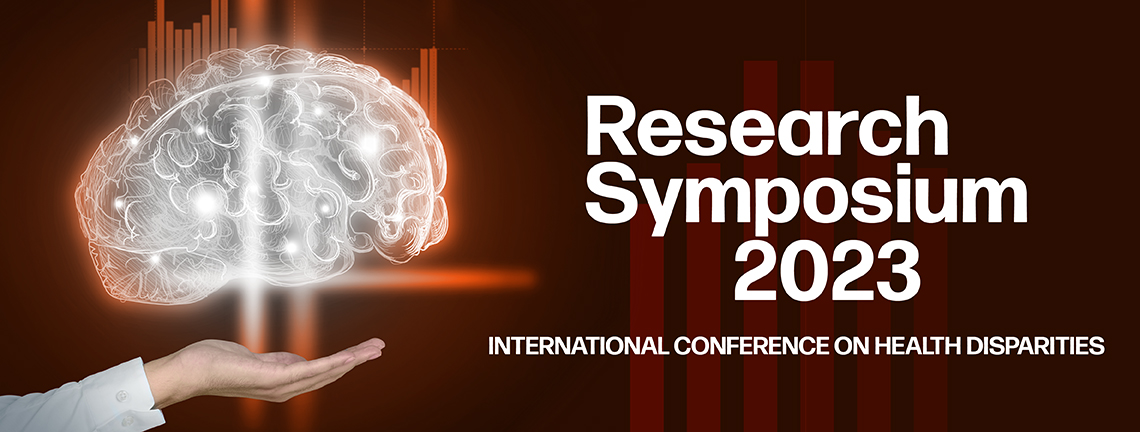
Talks
Presentation Type
Oral Presentation
Discipline Track
Community/Public Health
Abstract Type
Program Abstract
Abstract
Alzheimer's disease (AD) is a common neurodegenerative disorder that is characterised by cognitive decline and cholinergic dysfunction. According to studies, drinking alcohol can result in serious problems such as degenerative neuro-inflammation. Although a decreased incidence of AD has been associated with moderate alcohol intake. Alcohol use may be a risk factor for AD. Alcoholism is associated with cognitive problems, especially alcoholic dementia. Alcohol's impact on mental functions, such as brain disorders and neurochemistry, is believed to increase the risk of developing AD. According to some research, moderate alcohol use may have a protective effect on AD, depending on the type of alcohol consumed. If you have AD, you should refrain from drinking alcohol since it might exacerbate or heighten the negative effects of the drugs you are taking to treat it, such as fatigue, dizziness, elevated blood pressure, confusion, and mental impairment. The mechanisms of alcohol's impact on AD have been reported, including how it affects neuroinflammation, oxidative stress, protein aggregation (especially that of amyloid-β), and the networks of neurotransmitter receptors.
Academic/Professional Position
Graduate Student
Recommended Citation
Debnath, Rabin and Chawla, Pooja A., "Effect of Alcohol on Alzheimer's Disease" (2024). Research Symposium. 17.
https://scholarworks.utrgv.edu/somrs/2023/talks/17
Included in
Effect of Alcohol on Alzheimer's Disease
Alzheimer's disease (AD) is a common neurodegenerative disorder that is characterised by cognitive decline and cholinergic dysfunction. According to studies, drinking alcohol can result in serious problems such as degenerative neuro-inflammation. Although a decreased incidence of AD has been associated with moderate alcohol intake. Alcohol use may be a risk factor for AD. Alcoholism is associated with cognitive problems, especially alcoholic dementia. Alcohol's impact on mental functions, such as brain disorders and neurochemistry, is believed to increase the risk of developing AD. According to some research, moderate alcohol use may have a protective effect on AD, depending on the type of alcohol consumed. If you have AD, you should refrain from drinking alcohol since it might exacerbate or heighten the negative effects of the drugs you are taking to treat it, such as fatigue, dizziness, elevated blood pressure, confusion, and mental impairment. The mechanisms of alcohol's impact on AD have been reported, including how it affects neuroinflammation, oxidative stress, protein aggregation (especially that of amyloid-β), and the networks of neurotransmitter receptors.

